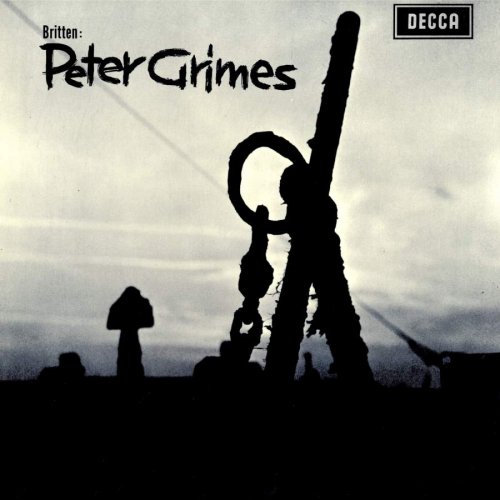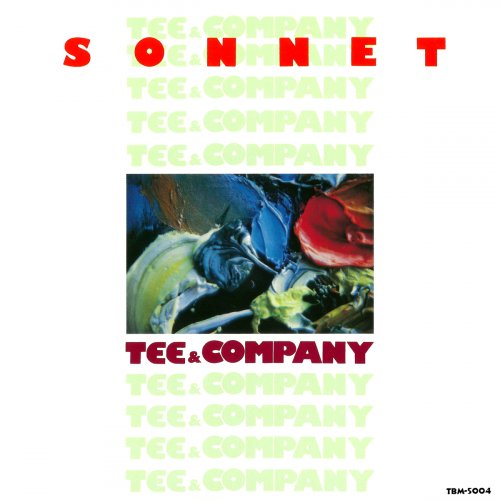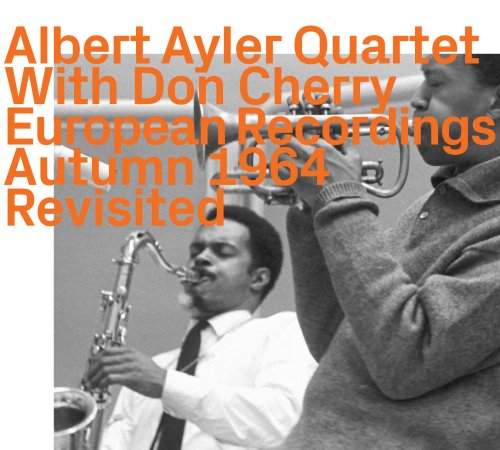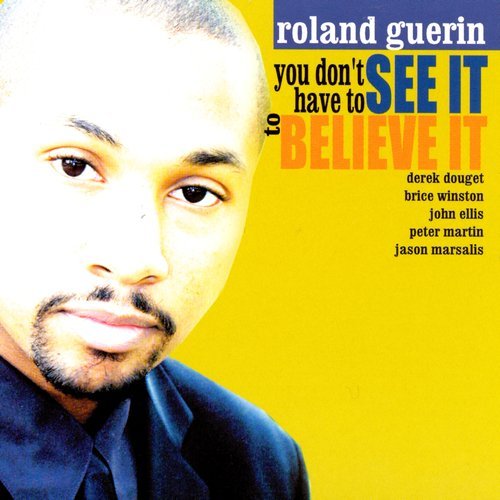Benjamin Britten - Britten: Peter Grimes (2016) [Hi-Res]

Artist: Benjamin Britten
Title: Britten: Peter Grimes
Year Of Release: 2016
Label: Decca
Genre: Classical
Quality: FLAC (tracks, booklet) [96kHz/24bit]
Total Time: 02:22:16
Total Size: 2.69 GB
WebSite: Album Preview
Tracklist:Title: Britten: Peter Grimes
Year Of Release: 2016
Label: Decca
Genre: Classical
Quality: FLAC (tracks, booklet) [96kHz/24bit]
Total Time: 02:22:16
Total Size: 2.69 GB
WebSite: Album Preview
Benjamin Britten (1913-76)
Prologue:
01. Peter Grimes!
02. You Sailed Your Boat
03. Peter Grimes, I Here Advise You!
04. The Truth...the Pity...
05. Interlude I: On the beach
Act I:
Scene 1:
06. Oh, Hang At Open Doors
07. Hi! Give Us a Hand
08. I Have To Go From Pub To Pub
09. Let Her Among You
10. Look, the Storm Cone!
11. And Do You Prefer the Storm
12. What Harbour Shelters Peace
13. Interlude II: The Storm
Scene 2:
14. Past Time To Close!
15. We Live and Let Live
16. Have You Heard?
17. Now the Great Bear and Pleiades
18. Old Joe Has Gone Fishing
19. The Bridge Is Down, We Half Swam Over
Act II:
Scene 1:
20. Interlude III: Sunday Morning By the Beach
21. Glitter Of Waves
22. Let This Be a Holiday
23. This Unrelenting Work
24. Fool To Let It Come To This!
25. What Is It?
26. People!...No! I Will Speak!
27. We Planned That Their Lives
28. Swallow! Shall We Go
29. Now Is Gossip Put On Trial
30. From the Gutter
31. Interlude IV: Passacaglia
Scene 2:
32. Go There!
33. Now!...Now!
34. Peter Grimes! Nobody Here?
Act III:
Scene 1:
35. Interlude V: Evening
36. Assign Your Prettiness To Me
37. Pah!
38. Come Along, Doctor!
39. Embroidery In Childhood
40. Mr. Swallow!
41. Who Holds Himself Apart
42. Interlude VI: Fog
Scene 2:
43. Grimes! Grimes!
44. Peter, We've Come To Take You Home
45. To Those Who Pass The Borough
Performers:
Peter Pears (Grimes)
Claire Watson (Ellen Orford)
James Pease (Balstrode)
Jean Watson (Auntie)
Geraint Evans (Ned Keene)
Lauris Elms (Mrs Sedley)
David Kelly (Hobson)
Owen Brannigan (Swallow)
Raymond Nilsson (Bob Boles)
Marion Studholme
Iris Kells (Nieces)
Orchestra and Chorus Of The Royal Opera House, Covent Garden
Benjamin Britten, conductor
With the arrival of Benjamin Britten on the international music scene, many felt that English music gained its greatest genius since Purcell. A composer of wide-ranging talents, Britten found in the human voice an especial source of inspiration, an affinity that resulted in a remarkable body of work, ranging from operas like Peter Grimes (1944-1945) and Death in Venice (1973) to song cycles like the Serenade for tenor, horn, and strings (1943) to the massive choral work War Requiem (1961). He also produced much music for orchestra and chamber ensembles, including symphonies, concerti, and chamber and solo works. Britten's father was a prosperous oral surgeon in the town of Lowestoft, Suffolk; his mother was a leader in the local choral society. When Benjamin's musical aptitude became evident, the family engaged composer Frank Bridge to supervise his musical education. Bridge's tutelage was one of the formative and lasting influences on Britten's compositional development; Britten eventually paid tribute to his teacher in his Op. 10, the Variations on a Theme by Frank Bridge (1937). Britten's formal training also included studies at the Royal College of Music (1930-1933).
Upon graduation from the RCM, Britten obtained a position scoring documentaries (on prosaic themes like "Sorting Office") for the Royal Post Office film unit. Working on a tight budget, he learned how to extract the maximum variety of color and musical effectiveness from the smallest combinations of instruments, producing dozens of such scores from 1935 to 1938. He rapidly emerged as the most promising British composer of his generation and entered into collaborative relationships that exerted a profound influence upon his creative life. Among the most important of his professional associates were literary figures like W.H. Auden, and later, E.M. Forster. None, however, played as central a role in Britten's life as the tenor Peter Pears, who was Britten's closest intimate, both personally and professionally, from the late '30s to the composer's death. Pears' voice inspired a number of Britten's vocal cycles and opera roles, and the two often joined forces in song recitals and, from 1948, in the organization and administration of the Aldeburgh Festival.
A steadfast pacifist, Britten left England in 1939 as war loomed over Europe. He spent four years in the United States and Canada, his compositional pace barely slackening, as evidenced by the production of works like the Sinfonia da Requiem (1940), the song cycle Seven Sonnets of Michelangelo (1940), and his first effort for the stage, Paul Bunyan (1940-1941). Eventually, the poetry of George Crabbe drew Britten back to England. With a Koussevitzky Commission backing him, the composer wrote the enormously successful opera Peter Grimes (1944-45), which marked the greatest turning point in his career. His fame secure, Britten over the next several decades wrote a dozen more operas, several of which -- Albert Herring (1947), Billy Budd (1951), The Turn of the Screw (1954), A Midsummer Night's Dream (1960), Death in Venice (1973) -- became instant and permanent fixtures of the repertoire. He also continued to produce much vocal, orchestral, and chamber music, including Songs and Proverbs of William Blake (1965), the three Cello Suites (1961-1964) and the Cello Symphony (1963), written for Mstislav Rostropovich, and the Third String Quartet (1975).
Britten suffered a stroke during heart surgery in 1971, which resulted in something of a slowdown in his creative activities. Nonetheless, he continued to compose until his death in 1976, by which time he was recognized as one of the principal musical figures of the twentieth century. -- Michael Rodman
Upon graduation from the RCM, Britten obtained a position scoring documentaries (on prosaic themes like "Sorting Office") for the Royal Post Office film unit. Working on a tight budget, he learned how to extract the maximum variety of color and musical effectiveness from the smallest combinations of instruments, producing dozens of such scores from 1935 to 1938. He rapidly emerged as the most promising British composer of his generation and entered into collaborative relationships that exerted a profound influence upon his creative life. Among the most important of his professional associates were literary figures like W.H. Auden, and later, E.M. Forster. None, however, played as central a role in Britten's life as the tenor Peter Pears, who was Britten's closest intimate, both personally and professionally, from the late '30s to the composer's death. Pears' voice inspired a number of Britten's vocal cycles and opera roles, and the two often joined forces in song recitals and, from 1948, in the organization and administration of the Aldeburgh Festival.
A steadfast pacifist, Britten left England in 1939 as war loomed over Europe. He spent four years in the United States and Canada, his compositional pace barely slackening, as evidenced by the production of works like the Sinfonia da Requiem (1940), the song cycle Seven Sonnets of Michelangelo (1940), and his first effort for the stage, Paul Bunyan (1940-1941). Eventually, the poetry of George Crabbe drew Britten back to England. With a Koussevitzky Commission backing him, the composer wrote the enormously successful opera Peter Grimes (1944-45), which marked the greatest turning point in his career. His fame secure, Britten over the next several decades wrote a dozen more operas, several of which -- Albert Herring (1947), Billy Budd (1951), The Turn of the Screw (1954), A Midsummer Night's Dream (1960), Death in Venice (1973) -- became instant and permanent fixtures of the repertoire. He also continued to produce much vocal, orchestral, and chamber music, including Songs and Proverbs of William Blake (1965), the three Cello Suites (1961-1964) and the Cello Symphony (1963), written for Mstislav Rostropovich, and the Third String Quartet (1975).
Britten suffered a stroke during heart surgery in 1971, which resulted in something of a slowdown in his creative activities. Nonetheless, he continued to compose until his death in 1976, by which time he was recognized as one of the principal musical figures of the twentieth century. -- Michael Rodman

![Maria Dybbroe & P.O.Jørgens - Counting The Flowers (2026) [Hi-Res] Maria Dybbroe & P.O.Jørgens - Counting The Flowers (2026) [Hi-Res]](https://www.dibpic.com/uploads/posts/2026-02/1771041716_cover.jpg)





![Dominique Fils-Aimé - My World Is The Sun (2026) [Hi-Res] Dominique Fils-Aimé - My World Is The Sun (2026) [Hi-Res]](https://www.dibpic.com/uploads/posts/2026-02/1771404623_folder.jpg)
